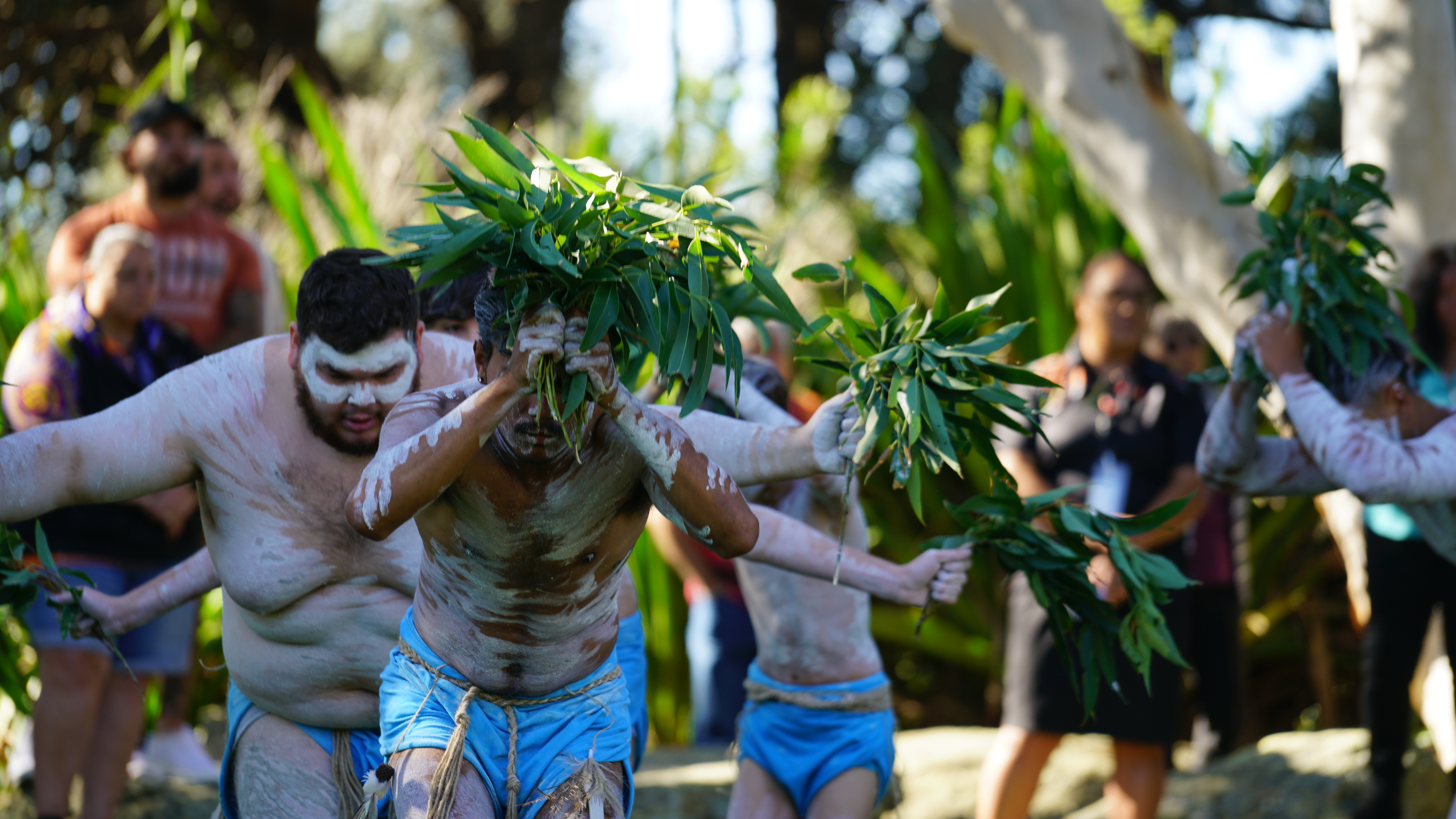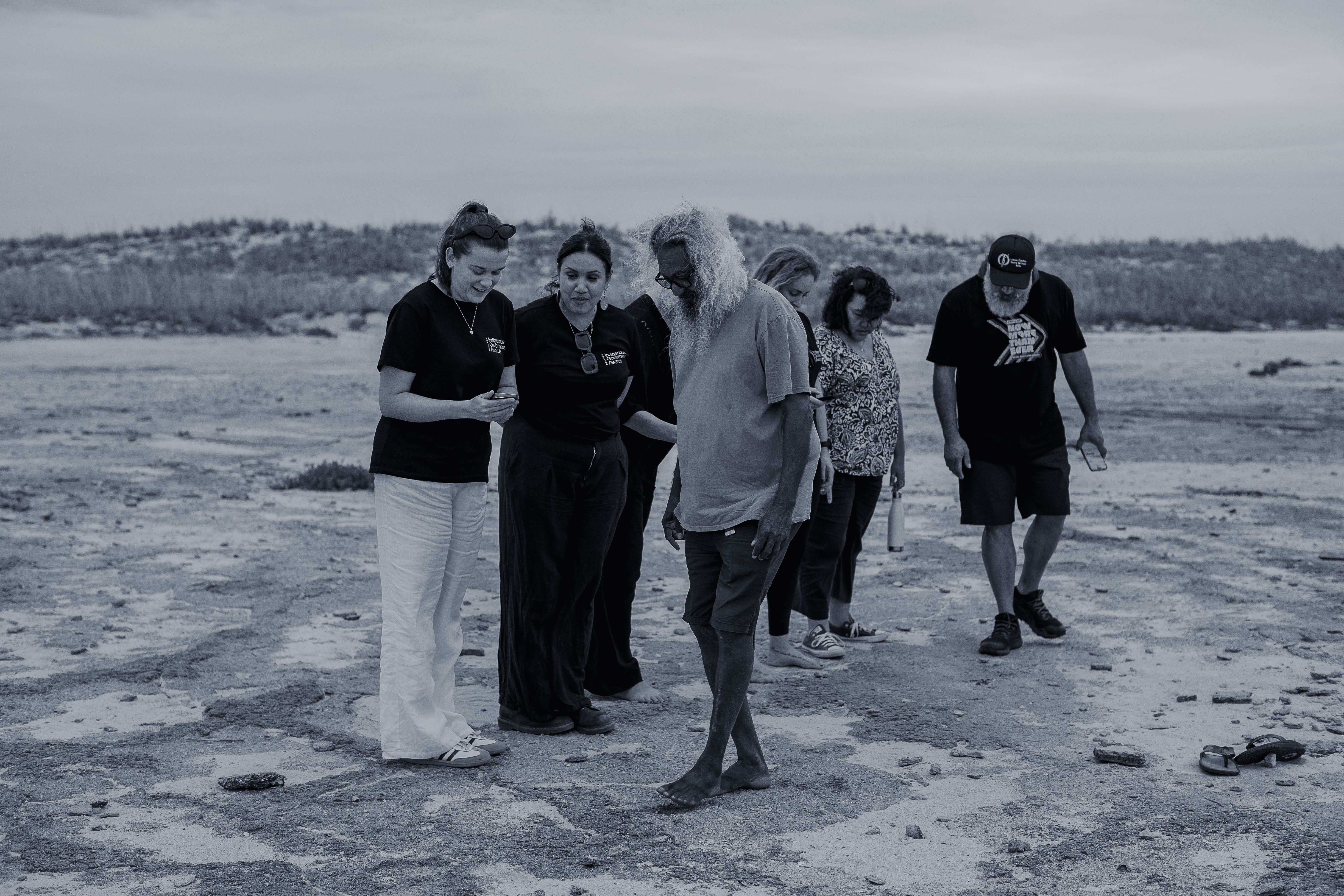To help Aboriginal and Torres Strait Islander corporations understand what Data Sovereignty means and why it matters...
CATSI Act compared to the Corporations Act

| Feature | CATSI Act | Corporations Act |
|---|---|---|
| Company structure | Corporation. | Company limited by guarantee (most common structure for Aboriginal and Torres Strait Islander groups). |
| Naming | Business name must include the words, or a combination of the words:
See the ORIC website for more details. |
Business name is followed by a series of words indicating what type of company it is, for example: Proprietary Limited or Pty Ltd. |
| Aboriginal and/or Torres Strait Islander membership | Most members – and a majority of directors – must be Aboriginal or Torres Strait Islander people. | No race-based restrictions. |
| Governing document | Rule book is your primary governing document. | Constitution is your governing document.
Alternatively, you can use ‘Replaceable rules’ – a basic set of rules for managing your company. |
| Aboriginal and/or Torres Strait Islander customs and traditions | Rule book can take into account Aboriginal or Torres Strait Islander customs and traditions.
Provisions in the CATSI Act recognise the special circumstances of Aboriginal and Torres Strait Islander corporations – for example, in relation to meetings. |
Provisions in the Corporations Act are mainstream. For example, all organisations must hold an annual general meeting each year. |
| Liability of members | When they register the corporation, members can choose not to be liable for the debts of the corporation. | Similar to CATSI Act, liability under Corporations Act is generally a small amount per member. |
| Minimum number of members and directors | Must have at least five members to register, and a minimum of three directors. | Need only one member to register, and a minimum of 3 directors. |
| Funding options | Can access more government funding under the Indigenous Advancement Strategy.
This funding assists corporations to deliver programs.8For an Indigenous organisation (a corporation that satisfies the Indigeneity requirement under Section 29-5 of the CATSI Act), the Indigenous Advancement Strategy Guidelines set as a condition for funding of $500,000 or more, that the relevant body is incorporated under the CATSI Act. There are exceptions to this. Where an Indigenous organisation is already incorporated under the Corporations Act it will not be required to change its organisation status. Also, an application can be made to the Minister for an exemption from this requirement. This is subject to change as the funding guidelines change. |
This funding is not available. |
| Reporting | In special circumstances, allows for exemptions from some reporting requirements.9“Lodging reports,” ORIC, accessed May 2023, [link]
Some flexibility, but strict requirements for corporate governance still exist. |
Generally stricter governance requirements. |
| Flexibility | The ORIC Registrar has more flexibility in administration to assist corporations to maintain the best possible governance.10“Special rules for during the pandemic,” ORIC, accessed May 2023,
ORIC can approve ‘special rules’ that allow for greater flexibility to comply with the CATSI Act. For example, in response to the COVID-19 pandemic, corporations could postpone or cancel a meeting, more easily pass resolutions without a meeting, and meet virtually.11“Special rules for during the pandemic,” ORIC, accessed May 2023, |
Unlike CATSI Act, which was designed as a special measure, Corporations Act offers less flexibility. |
| Regulation of charities and not-for profit organisations | If you are a CATSI corporation and are also registered as a charity or not-for-profit with the Australian Charities and Not-for-profits Commission (ACNC), you only need to report to ORIC. ORIC shares the information with the ACNC.12“Registrar and ACNC continue ties to reduce reporting obligations,” ORIC, accessed May 2023. | Must report some things related to your corporate status to ASIC.
Must report some things related to your charitable status to the ACNC. To learn more, see Charities registered with the ACNC on the ASIC website. |
| Fees | Free to register. | Some fees to lodge forms and documents– see Schedules of corporations fees on the ASIC website. |
| Native title | A Prescribed Body Corporate (PBC) must be registered under CATSI Act. | Cannot register as a PBC under Corporations Act. |
| Training and assistance from the regulator | ORIC can provide more hands-on assistance than ASIC – for example, support, information and training.
ORIC has LawHelp – a referral service for Aboriginal and Torres Strait Islander corporations. The ORIC Registrar has special regulatory powers.13“Regulatory powers,” ORIC, accessed May 2023, [link] These are more extensive in some areas than ASIC’s powers – this can be an advantage or a disadvantage. |
Limited access to regulatory assistance. |
| Examinations by regulator | ORIC carries out examinations on a rolling basis, or when a matter comes to the attention of the Registrar.
Following examination, a corporation may need to make changes to its governance. There may also be more serious findings. These examination can be useful as a ‘health check’ – to assist organisations to meet their governance requirements. |
ASIC also has examination powers.14“ASIC’s compulsory information-gathering powers,” ASIC, accessed May 2023, [link] |
| Special administration | Special administration under CATSI is different Corporations Act.
Registrar can provide early proactive regulatory assistance when a corporation experiences financial or governance difficulties. The aim is to return control of a better corporation back to its members. |
This ‘special administration’ not available under Corporations Act. |
| Shares | Members cannot own or trade shares in the corporation.
However, they can include rules in the Rule Book about how any profits are shared. |
Companies can issue shares.
Proprietary companies can issue shares to its members, and public companies to the public. |
| Debentures | Aboriginal and Torres Strait Islander corporations cannot issue debentures.
A debenture is a note or certificate acknowledging a debt or other securities. |
Can issue debentures and other securities.
Companies issue debentures in return for funds. |
| Financial services or trade union | Cannot provide financial services or be a trade union. | Has provisions dealing with managed investment schemes and financial products/services. |












.png)

